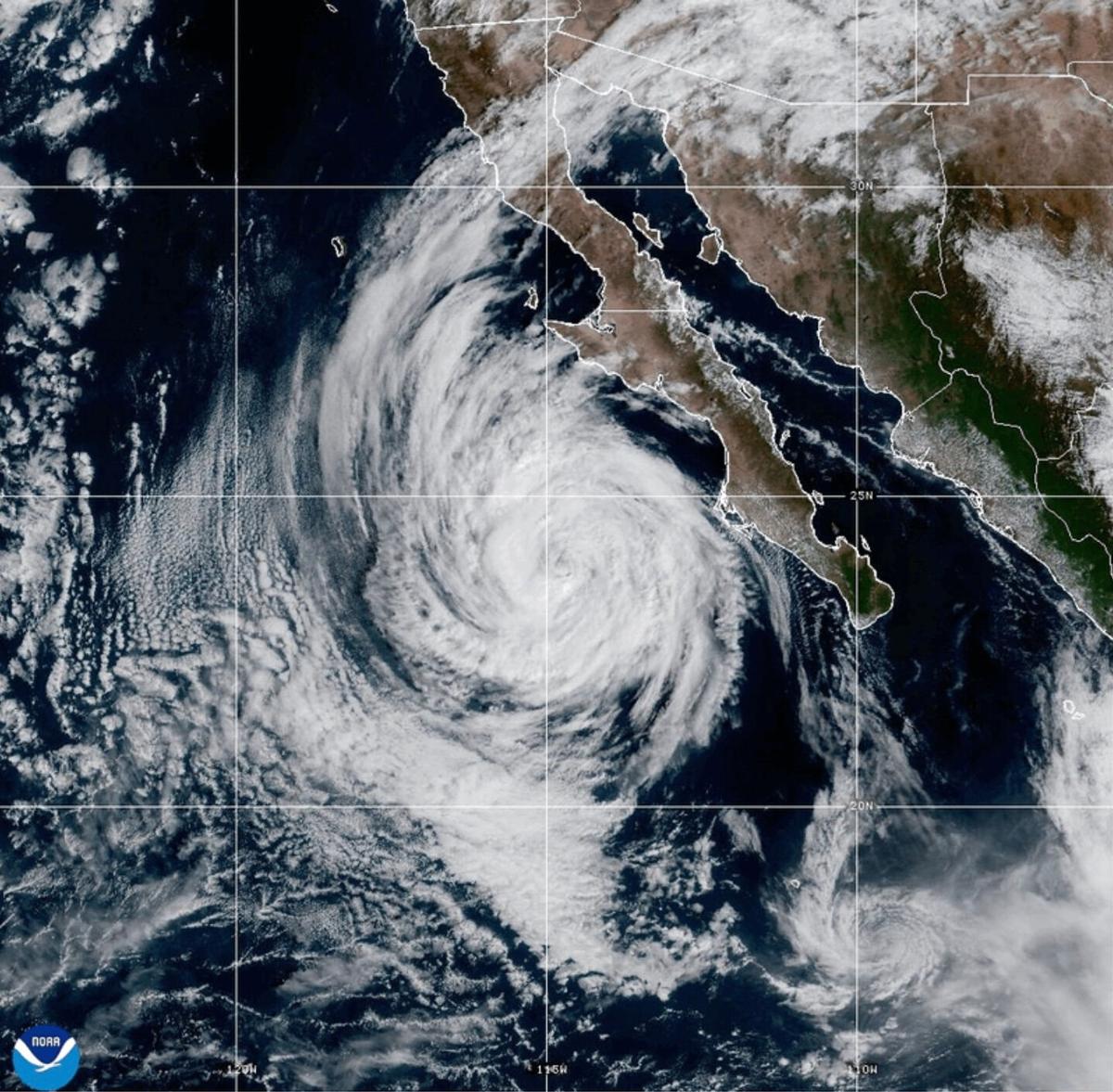A Question of Risk: Where’s the Limit?
The attack on Westminster leads to questions regarding privacy and encryption.
April 1, 2017
After the Westminster attack on March 22, 2017, Amber Rudd, Britain’s Home Secretary (a position similar to the United States’ Secretary of State) appeared on BBC and Sky News to inform audiences that the United Kingdom’s intelligence agencies should have access to encrypted messages, namely those sent through Facebook’s instant-messaging service WhatsApp.
It is understood that Khalid Masood, the perpetrator of the Westminster attack, had sent a message through WhatsApp just minutes before the attack.
WhatsApp said it is working with authorities following the attack. “We are horrified at the attack carried out in London and are cooperating with law enforcement as they continue their investigations,” it said, in a statement emailed to Fox News.
“We need to make sure that organizations like WhatsApp – and there are plenty of others like that – don’t provide a secret place for terrorists to communicate with each other,” Rudd commented. She said it was “completely unacceptable” that terrorists had a “place to hide.”
She also stated that end-to-end encryption was vital to cyber security, to ensure that business, banking, and other transactions were safe, but said it must also be accessible.
End-to-end encryption ensures that only you and the person you’re communicating with can read what is sent, and nobody in between, not even WhatsApp, has access to it. Not only does WhatsApp encrypt messages, but Apple’s data as well, including iMessage and other services, are encrypted end-to-end and ensures that not even the message service providers are able to see it.
Creating a decryption or backdoor key to such systems exposes companies to hacking attempts and puts user data at serious risk. Leaks around the world show that even the most closely guarded systems can be hacked; encryption deters hackers but can be manipulated by terrorists.
Rudd also mentioned that the British case was different when asked about Apple’s opposition to helping the FBI in 2016 with the terror attack in San Bernardino, California. “This is something completely different. We’re not saying ‘open up,’ we don’t want to ‘go into the Cloud,’ we don’t want to do all sorts of things like that,” she said. “But we do want them to recognize that they have a responsibility to engage with government, to engage with law enforcement agencies when there is a terrorist situation.”
End-to-end encryption is now a common part of how we communicate. Its main focus is on security and makes privacy a right that can be claimed, rather than granted, and has led to public disagreements between tech giants and governments.
The difficult question that must be decided is whether or not the right to privacy needs to be forfeited as part of social obligations in order to help defense against supposed terrorist threats.








